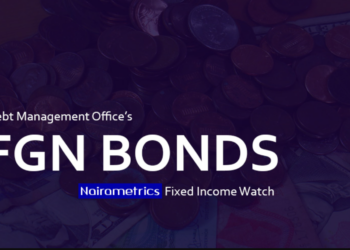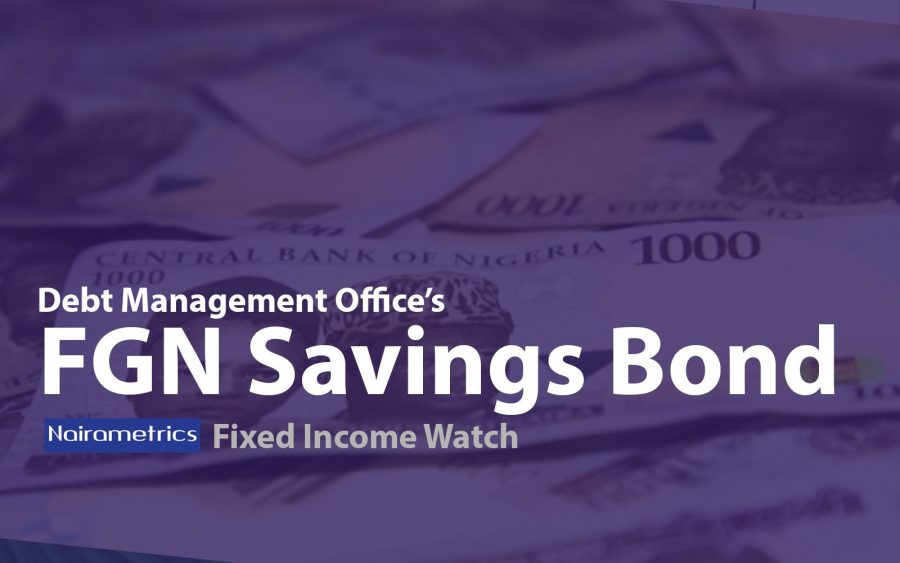The Debt Management Office (DMO) has announced the results of the July 2023 FGN bond auction.
The auction featured the re-opening of four bonds: the 14.55% FGN APR 2029 (10-Year Bond), 14.70% FGN JUN 2033 (10-Year Bond), 15.45% FGN JUN 2038 (15-Year Bond), and 15.70% FGN JUN 2053 (30-Year Bond).
The auction, which was held on July 17th, 2023, saw a total of 570 bids worth N945.14 billion received for the total amount offered of N360 billion. The total amount allotted was N656.74 billion, with successful bids allotted at marginal rates of 12.50%, 13.60%, 14.10%, and 14.30% respectively across the four bonds.
The settlement date for the auction was July 19th, 2023, and the bonds will mature on April 26, 2029, June 21st, 2033, June 21st, 2038, and June 21st, 2053, respectively.
Rising Inflation
The data from the July 2023 FGN Bond shows an oversubscription of 162.54% which indicates growing demand for risk-free investments despite offering a negative real return as the inflation rate rises to 22.79% in June.
Nigeria’s inflation rate rose to 22.79% in June 2023, representing a 0.38% points increase from 22.41% recorded in the previous month.
On a year-on-year basis, the Headline inflation rate was 4.19% points higher compared to the rate recorded in June 2022, which was 18.60%.
What the data is saying
The fact that the highest subscription of ₦600.686 billion (about 4x the offer) went to the 30-year bond indicates that investors are interested in longer-term debt with higher yields.
The allotment of ₦600.686 billion to the 30-year bond also shows that investors are interested in long-term debt with relatively high returns.
The 30-year bond is the longest tenor on offer and has a relatively high yield, which is attractive to investors seeking to invest their money for a longer period and earn higher returns on their investments.
What is a reopened bond?
A reopened bond is a type of bond that has been previously issued but is now being offered for sale again. When a bond is first issued, it is known as a new issue or an original issue.
Once the bond has been sold and is outstanding, it can be reopened for additional sales in the future.
Reopened bonds have the same coupon rate, maturity date, and other features as the original bond, but they are sold at a different price and yield, which may be higher or lower than the original issue price and yield.
Reopened bonds are often used by governments and corporations to raise additional funds without incurring the costs of issuing a completely new bond.
Investors who purchase reopened bonds receive the same cash flows and credit risk exposure as those who purchased the original issue.





















